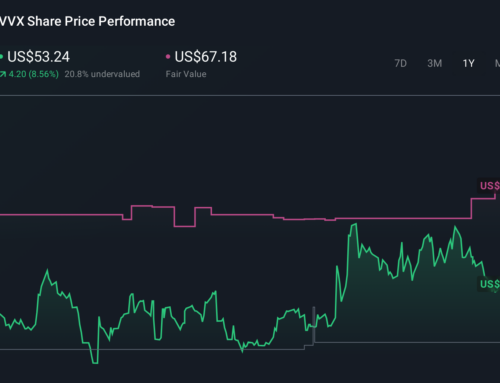Mohamed Abdi: Minnesota promised cannabis equity. Bureaucracy is taking it back
May 15, 2025
Minnesota legalized cannabis with a promise: to build an industry rooted in equity and inclusion, especially for those harmed by decades of prohibition. That promise gave hope to hundreds of entrepreneurs like me, social equity applicants who believed we finally had a fair shot.
But today, that promise is being eroded by bureaucratic delays and a lack of coordination between state and local governments. The system is stalling, and the very people it was supposed to uplift are once again being left behind.
I am a qualified social equity applicant for a cannabis retailer license in Minnesota and a named defendant in the lawsuit that successfully challenged the state’s flawed license pre-approval process. That lawsuit gave hundreds of denied equity applicants, including myself, another chance to move forward.
Since then, the Office of Cannabis Management (OCM) has restarted the licensing process. Microbusiness applicants are now being considered for pre-approval. Capped license types, such as retailer and mezzobusiness licenses, must wait for a state-run lottery later this year. That is progress, but only on paper.
Here is the problem. Olmsted County, like many others, has announced it will not register any cannabis businesses, including microbusinesses, until all state lotteries are complete. Only then will the county hold its own lottery for 14 retail registrations.
This means that even if someone is approved by the state, whether through microbusiness pre-approval or by winning a state lottery for a retailer or mezzobusiness license, they will not be allowed to open unless they also win at the county level. That creates a second layer of uncertainty and delay for equity applicants who have already faced a long and difficult process.
Many of us do not have the resources to wait. We are Black, brown, immigrant, and working-class entrepreneurs who saw this law as a once-in-a-generation opportunity. Every month of delay increases our expenses, drains our savings, and pushes us closer to giving up. This kind of uncertainty favors large, well-funded companies, not community-based businesses like ours.
The breakdown is happening on two fronts. The state has failed to give counties the guidance they need to register licensees promptly. And counties are using that lack of clarity as a reason to delay everyone, even those who are already licensed or soon will be.
This is not how equity works.
If Minnesota is serious about honoring the intent of its cannabis law, both the state and counties must act. OCM should provide counties with immediate guidance on how to register state-approved businesses without unnecessary delays. Counties like Olmsted should prepare to register applicants once they are licensed, and they should consider reserving a portion of retail spots for social equity applicants to ensure fair access.
Equity is not just about who can apply. It is about who actually gets to operate. The current process is making that harder, not easier
The lawsuit I joined gave me and many others another chance to compete. But that chance will mean nothing if local governments continue to block us with additional lotteries and indefinite delays.
I am not asking for shortcuts. I am asking Minnesota to keep its promise and give equity applicants the fair opportunity the law was designed to provide. That opportunity is still possible, but only if we fix the process now.
Mohamed Abdi, of Minneapolis, is founder and CEO of Kushland Cannabis, which seeks to open a dispensary in Rochester.
Search
RECENT PRESS RELEASES
Related Post




